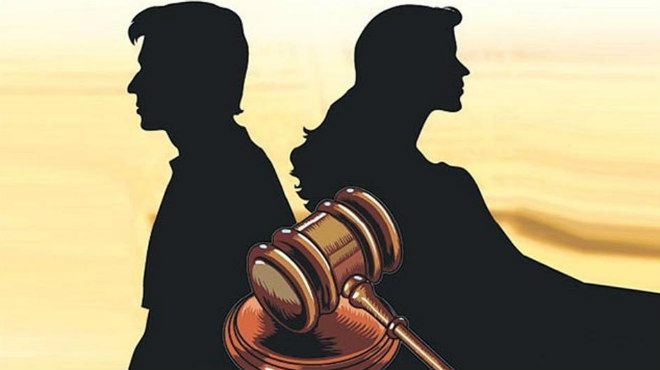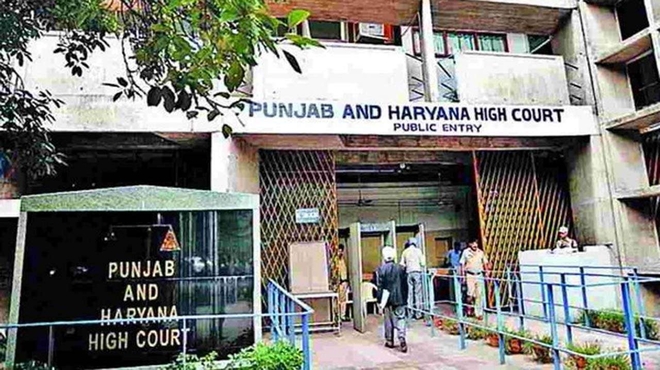Triple Talaq – what you need to know
May 18, 2017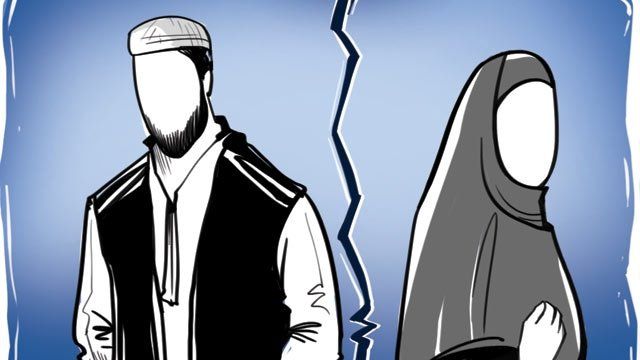
The Supreme Court reserved its verdict on the constitutional validity of triple talaq today which was the last day of hearing.
Latest Legal News
.jpg)
3 Bills to Renew India's Criminal Justice System presented in Lok Sabha; All you Need to Know
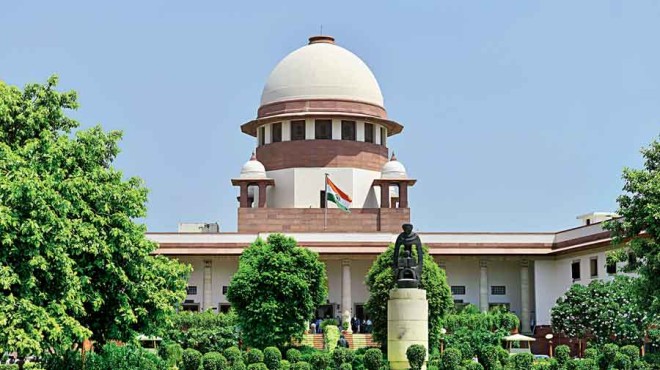
âSorry state of affairs' in PoSH Act implementation; SC orders Govts. to ensure ICCs are constituted


 625+ Lawyers are online
625+ Lawyers are online 

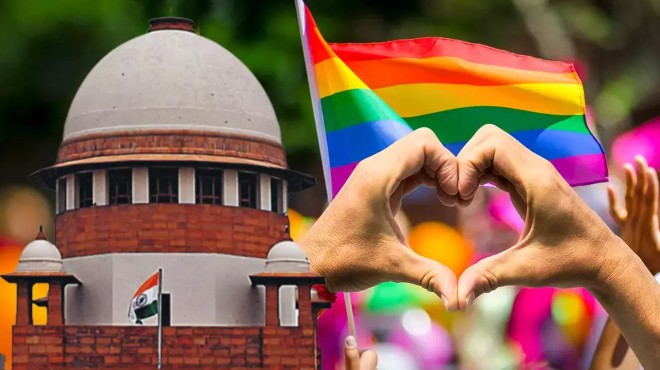
.jpg)
